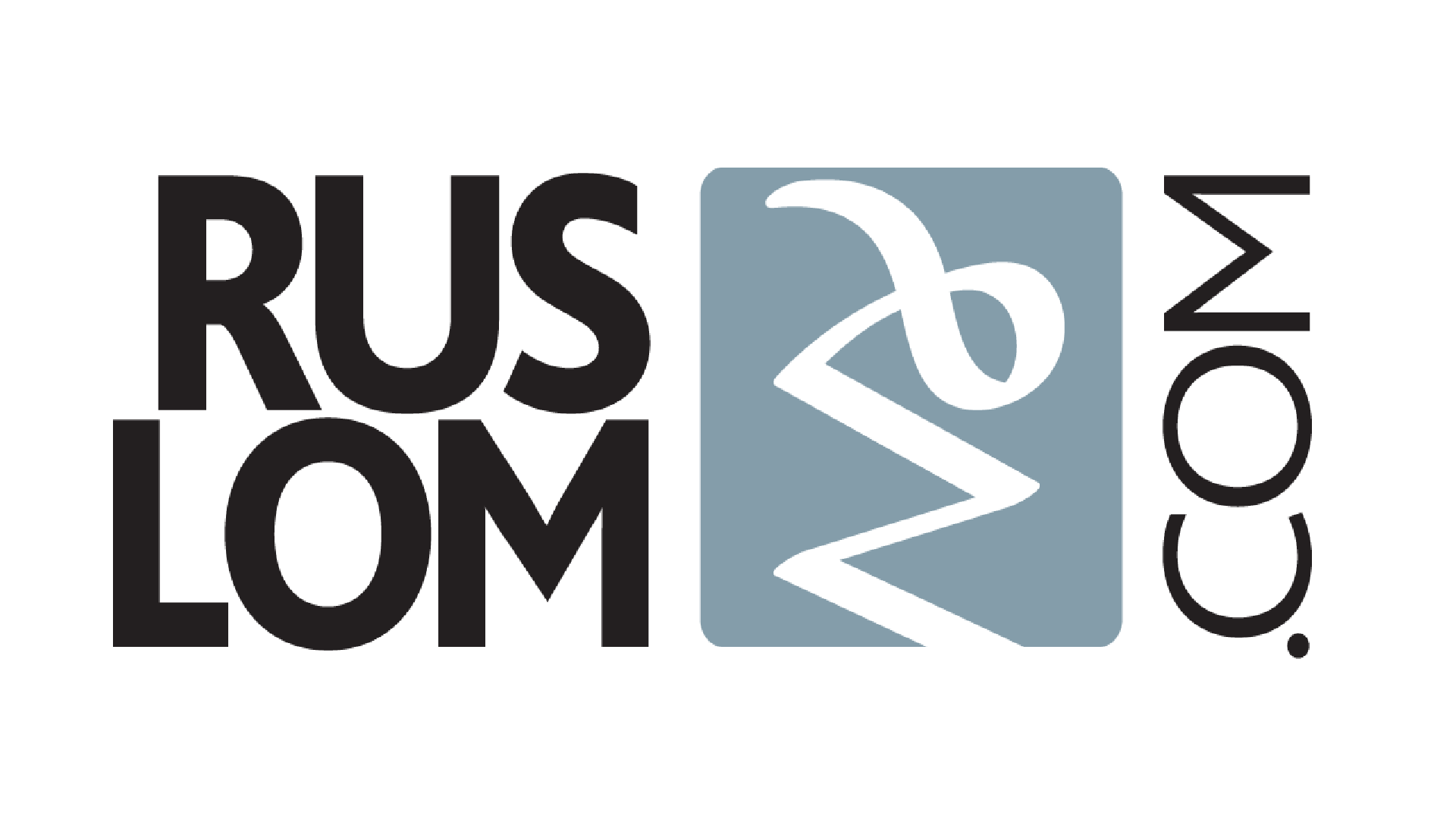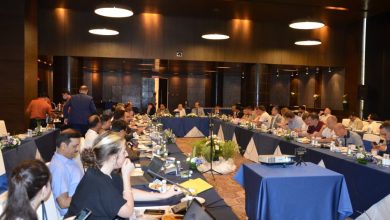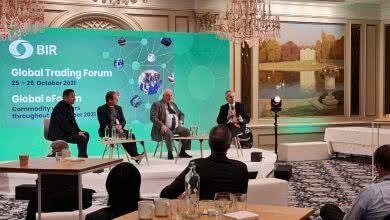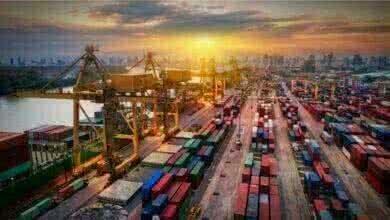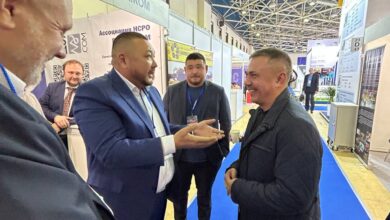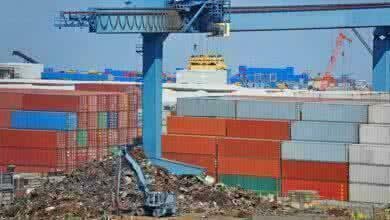As Kommersant found out, the initiative to limit the export of ferrous scrap from Russia failed to receive the Government’s support. Thus, Deputy Prime Minister Yuri Borisov decided not to introduce quotas, but at the same time instructed the Ministry of Industry and Trade to work out possible mechanisms for regulating the scrap market ‘in order to supply consumers unconditionally’. The representatives of the pipe industry emphasise that the problem of the scrap shortage is aggravating, while prices are rising, and they expect additional analysis of the situation by the Government. However, experts, on the contrary, believe that the situation is improving.
Deputy Prime Minister Yuri Borisov did not support the introduction of quotas for the export of ferrous scrap. Kommersant was informed of this by two sources in the industry, familiar with the text of the Deputy Prime Minister’s order, given in September. By means of this order, Yuri Borisov instructs the Ministry of Industry and Trade and other relevant ministries to work out possible mechanisms for regulating the scrap market ‘in order to supply consumers with strategic raw materials unconditionally’ and report to the Government by October 1, 2020. The representative of Mr. Borisov left Kommersant’s inquires without response.
The introduction of quotas was initiated by the Foundation for Development of Tube Industry (FRTP), which represents the interests of the largest pipe companies. The Foundation proposed to limit exports to countries outside the EAEU with a quota of 1 million tons for six months. Otherwise, the Foundation forecasts a decrease in steel production in Russia by 2.5–4 million tons. Among the market participants, quotas are supported by Severstal, the Abinsk Electric Steel Works and Magnitogorsk Iron&Steel Works (MMK). A representative of MMK confirmed to Kommersant that the company supports the introduction of quotas for the export of scrap metal due to the current shortage in the domestic market.
A Kommersant’s source in the market estimated the shortage of scrap in September at 400 thousand tonnes.
Igor Malyshev, the director of the FRTP, told Kommersant that scrap prices on the domestic market have been growing for the last five months and have already reached their maximum historical level, which was two years ago. ‘For example, in the Ural region, now, at the beginning of September, a historic record of scrap prices has already been reached. The reason is the limited supply of scrap after the pandemic and the ban on its import from Kazakhstan. The overwhelming majority of metallurgical plants confirmed the deterioration in the provision of scrap and the need for export restrictions at summer meetings in the Ministry of Industry and Trade’ he says. Mr. Malyshev recalls that only Russia out of the five EAEU countries has no significant restrictions on the export of scrap. Igor Malyshev also stressed that, based on the wording of Yuri Borisov’s instructions, an additional analysis of the situation will be carried out.
The quotas were opposed not only by scrap collectors themselves, but also by the Ministry of Economic Development and the Federal Customs Service. The Ministry of Economic Development saw the introduction of quotas as a violation of Russia’s obligations to the WTO.
The Customs Service believed that quotas would not achieve their goals, since raw materials would be exported through the EAEU countries. In addition, Russian ports opposed the quotas, fearing a reduction in export trans-shipment.
Commenting on Yuri Borisov’s order on the need for stable scrap supplies, Viktor Kovshevny, the director of the Association of Metal Scrap Processors RUSLOM.COM, notes the need to stimulate scrap collection, for example, through equipment recycling programmes. He also added that the abolition of individuals’ personal income tax on sale of recyclable materials would also help the situation, making people unafraid to deliver scrap.
According to Maxim Khudalov from ACRA, the situation with scrap collection is improving. Thus, shipments to plants in August 2020 were actually equal to amounts of August 2019. According to the expert, the plants possess approximately a two-month supply of scrap in their warehouses, which is not unusual on the eve of winter. ‘Domestic scrap prices are growing, but they reflect the dynamics of export prices and the depreciation of rouble’, says Maxim Khudalov. In his opinion, it is premature to talk about a deficit of scrap, since the demand for its processed products, in particular rolled metal, remains rather weak.
By Kommersant Newspaper
https://www.kommersant.ru/doc/4483859
09.09.2020
Evgeniy Zaynullin, Kommersant Newspaper
